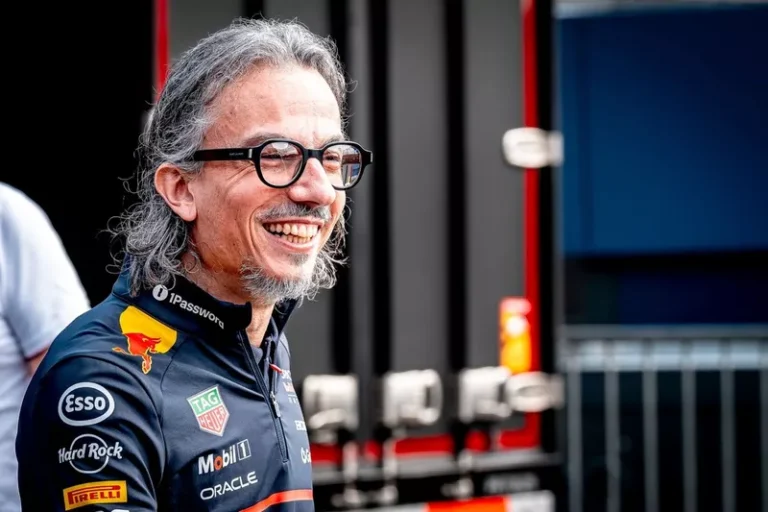
Lewis Hamilton has ignited a storm of speculation within the Formula 1 community after delivering a razor-sharp remark that many perceive as a subtle indictment of Ferrari’s current driver pairing. The seven-time world champion, renowned for his calculated yet provocative statements, stopped short of confirming any imminent move to the Scuderia but managed to stoke rumors of discontent with Charles Leclerc and Carlos Sainz, while simultaneously reaffirming his own status as a transformative figure in the sport.
The controversy erupted following a post-race interview, during which Hamilton was asked to comment on Ferrari’s recurring failures despite boasting a competitive car. His response—crafted with surgical precision—was interpreted as both an implicit critique and a cryptic declaration of intent: “They have the machinery; they just need the right hands to unlock its true potential. Experience often eclipses exuberance.” Though outwardly benign, the quote struck like a thunderbolt across the paddock, suggesting that Ferrari’s woes are less mechanical and more a matter of personnel.
This interpretation gains traction when juxtaposed against Ferrari’s season narrative. While their car has demonstrated flashes of superiority, regularly challenging Red Bull and Mercedes in qualifying, race-day execution has been marred by strategic blunders and erratic driving. Hamilton’s allusion to “the right driver” suggests a deficit in leadership and composure within Ferrari’s cockpit. His reference to “youthful exuberance” appeared to target Leclerc’s impetuous tendencies and, by extension, Sainz’s struggle for sustained competitiveness—both factors contributing to Ferrari’s chronic underachievement.
Hamilton’s reputation as a master strategist lends further weight to his veiled barb. Throughout his career, he has exhibited an unparalleled ability to extract performance under duress, an attribute conspicuously absent from Ferrari’s recent campaigns. Thus, his remark reads less as idle commentary and more as an unspoken proposition: that his experience and racecraft could remedy Ferrari’s systemic shortcomings. Whether intentional or not, the statement positions Hamilton as the missing link in Maranello’s championship ambitions.
The fallout from Hamilton’s cryptic remark underscores two enduring truths: Ferrari’s internal fragility and Hamilton’s unrivaled capacity to dominate the sport’s narrative. By uttering a single, calculated phrase, he has spotlighted Ferrari’s existential dilemma while reminding the paddock of his undiminished relevance. The Scuderia’s silence in response—a studied avoidance of escalation—speaks volumes. As conjecture intensifies, one question looms large: Will Ferrari interpret Hamilton’s words as provocation or prophecy? Whatever the outcome, his comment has ensured that his influence extends far beyond the confines of the cockpit, shaping not only conversations but potentially the trajectory of Formula 1’s most storied team.




